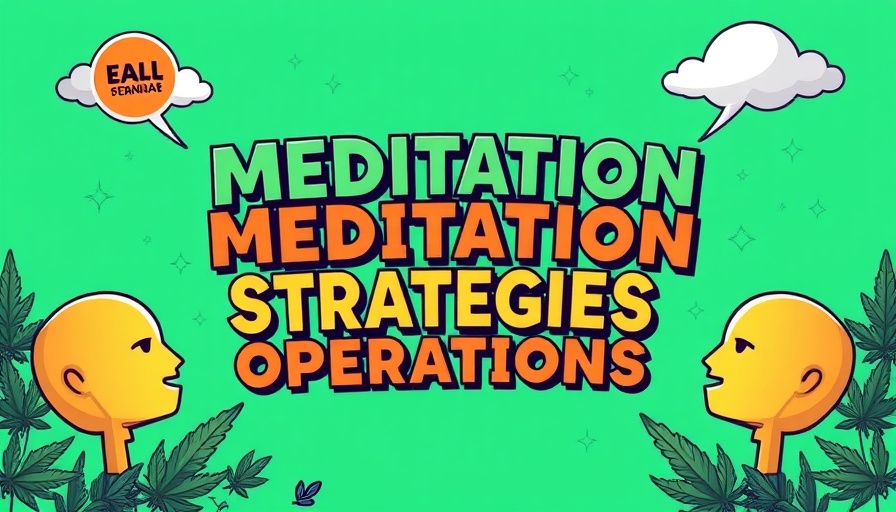
Why Mediation Might Be the Key to Compliance
In the ever-evolving landscape of the cannabis industry, compliance has become more critical than ever. With an expanding array of regulations sweeping across states and municipalities, cannabis operators are seeking strategies that not only ensure compliance but also foster positive relationships within the industry. Enter mediation: a flexible and constructive approach that could be the answer to navigating the complexities of cannabis regulation.
The Growing Need for Mediation
As the cannabis industry matures, the regulatory environment is becoming increasingly intricate. Cannabis operators face challenges such as meeting compliance standards while also maintaining their unique business identities. Mediation offers a platform for open dialogue, where operators can negotiate and clarify compliance issues without the stress and negative consequences tied to formal legal disputes.
How Does Mediation Work?
Mediation involves the use of a neutral third party to help facilitate discussions between involved stakeholders. In the context of cannabis operations, this method not only promotes mutual understanding but can also result in innovative solutions that meet compliance requirements while minimizing operational disruptions. Imagine a cannabis operator sitting down with a state regulatory body, with a mediator guiding the conversation to find common ground. It’s cooperative rather than combative.
The Benefits of Mediation in Cannabis Operations
The advantages of incorporating mediation into compliance strategies are manifold. First, it can save time and money. Legal disputes can drag on for months or even years, accumulating costs that can cripple cannabis operations. Mediation is typically faster and more cost-effective. Additionally, it encourages a spirit of collaboration between operators and regulators, leading to improved relationships and a better understanding of regulatory intents.
Common Misconceptions About Mediation
One common myth is that mediation leaves operators vulnerable and unprotected. In reality, mediation allows operators to express their concerns and perspectives, ensuring that their voices are heard and considered in the regulatory process. Also, mediation outcomes are often more flexible than court-imposed solutions, allowing for creative resolutions that better suit the needs of all parties involved.
Looking to the Future: Mediation as a Compliance Standard
As the cannabis industry continues to evolve, mediation could emerge as a standard practice in compliance protocols. Regulatory bodies are beginning to recognize its potential benefits, which may lead to more structured options for mediation in compliance disputes. If the industry adopts this approach, we could see a transformation in how operators interact with regulatory authorities—opening doors to continued innovation and a healthier business ecosystem.
Your Next Steps for Compliance Success
For cannabis operators looking to enhance their compliance strategies, considering mediation could be a game-changer. Evaluate the current regulatory landscape in your area and seek out mediation resources. Engaging in proactive dialogue rather than waiting for disputes to arise could position your operation for greater success and sustainability in this fast-paced industry.
 Add Row
Add Row  Add
Add 




Write A Comment